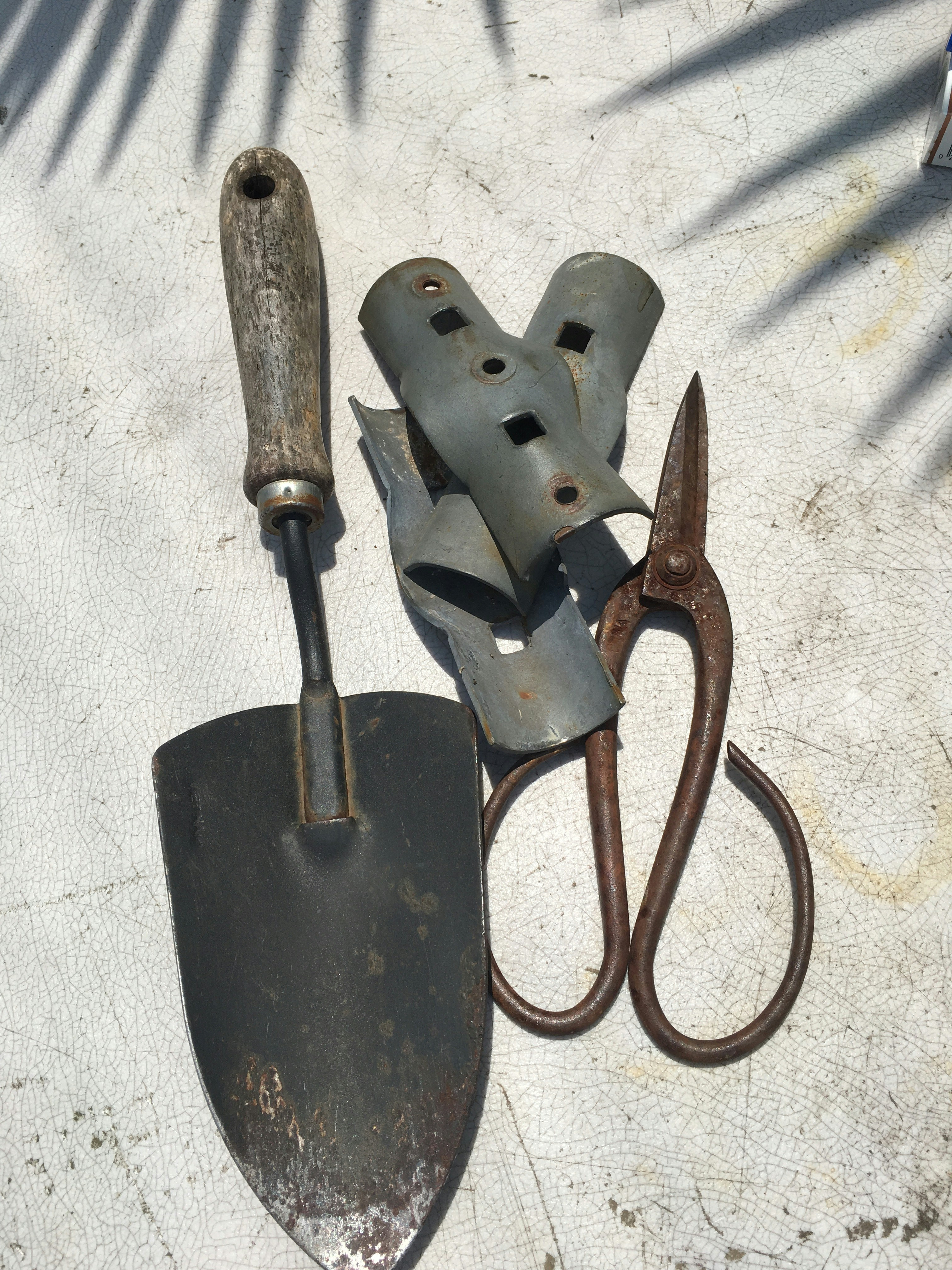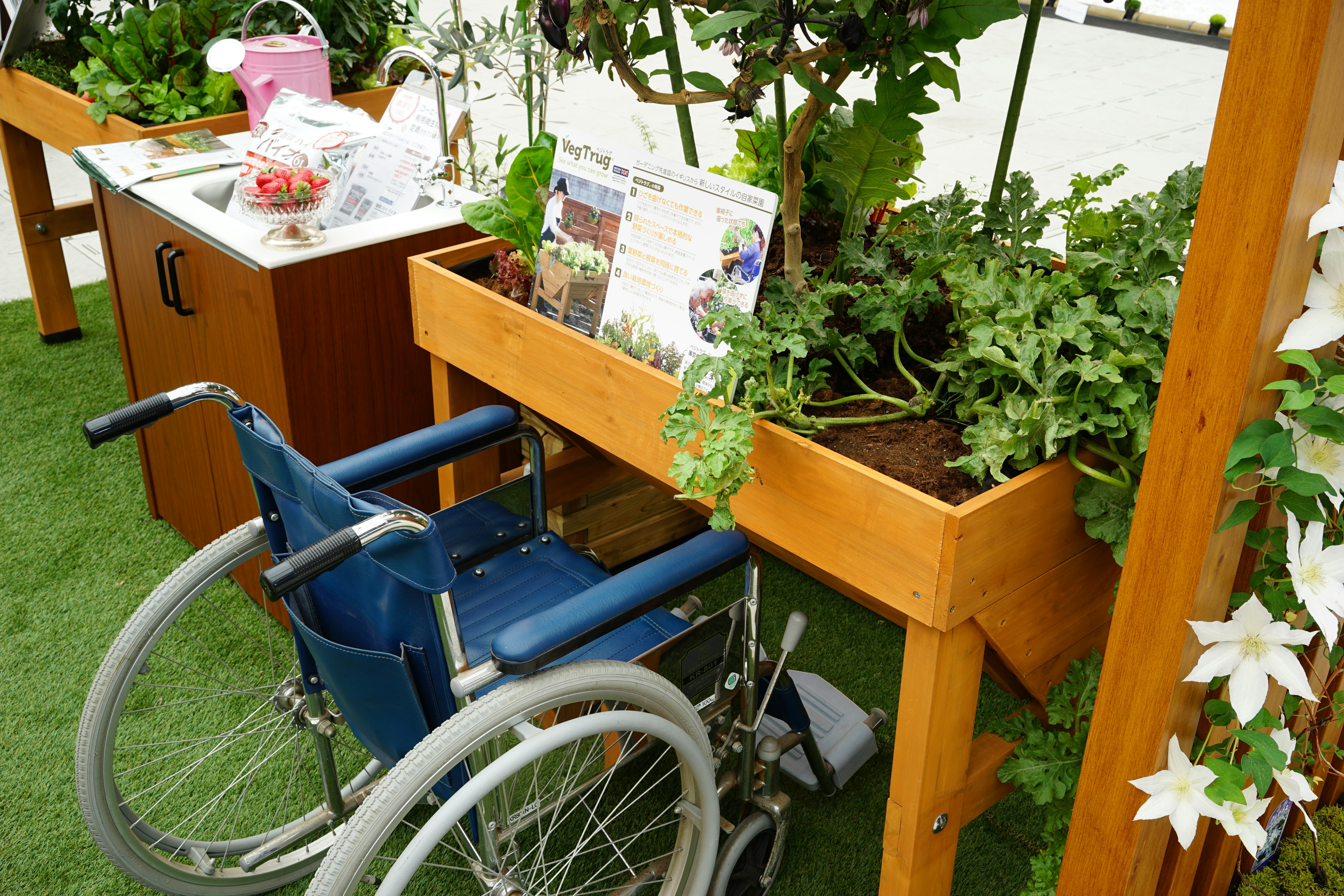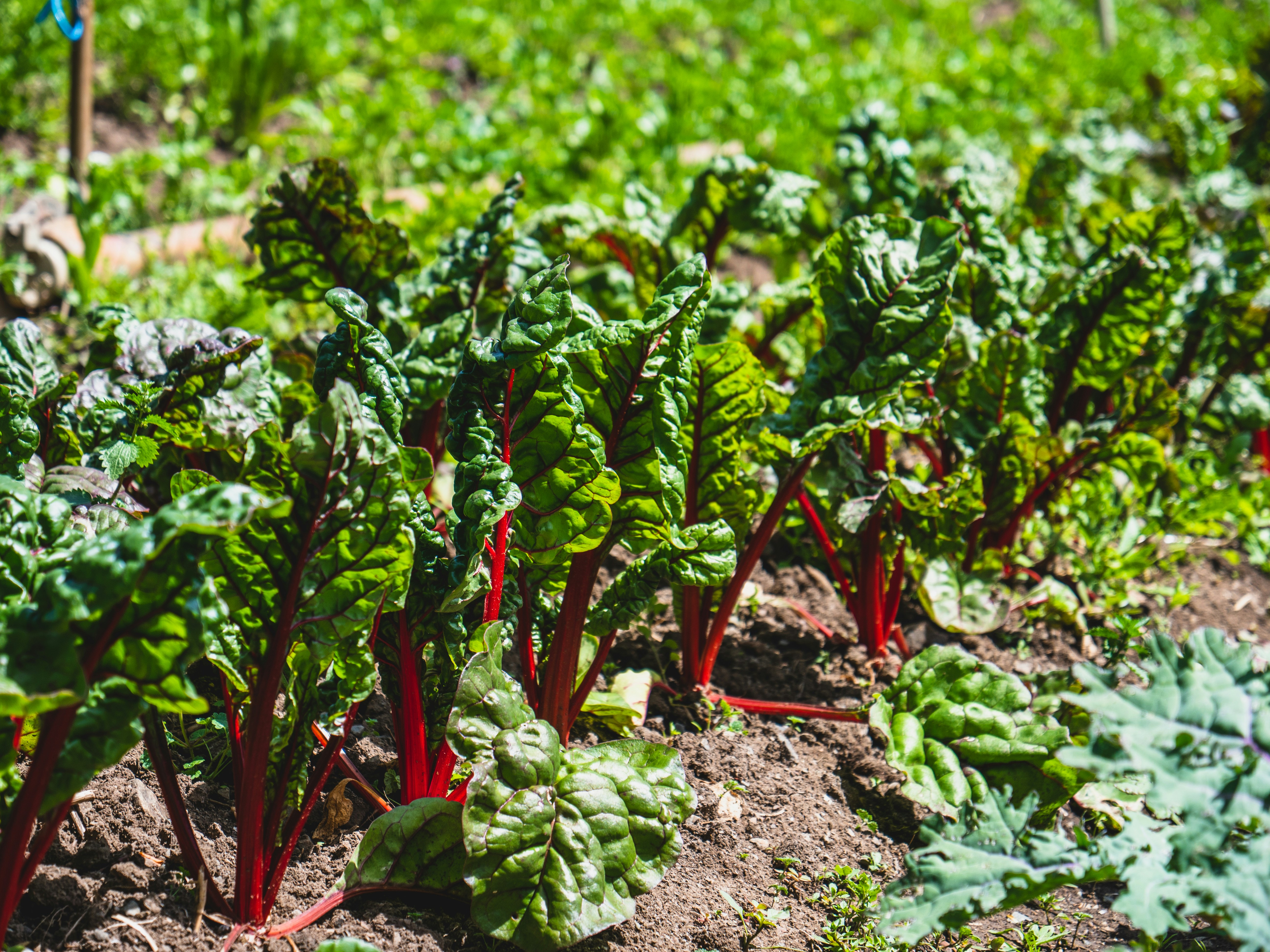Introduction to Organic Gardening Tools
Organic gardening is a sustainable practice that emphasizes the use of natural methods to cultivate plants and produce food without relying on synthetic chemicals. Central to the success of any organic gardening endeavor is the importance of utilizing the right tools. Quality garden tools are essential not only for efficiency but also for ensuring the health of the ecosystem in which they are used. When equipped with the appropriate tools, gardeners can effectively manage their gardening tasks while minimizing environmental impact.
One of the primary benefits of organic gardening is its focus on sustainability. By opting for organic practices, gardeners contribute to the preservation of soil health and biodiversity. The right tools facilitate the care of the soil and plants, promoting a more sustainable approach to gardening. For instance, tools designed for aeration, weeding, and composting play a vital role in maintaining soil fertility and structure, ensuring plants receive the necessary nutrients without the use of harsh fertilizers.
Additionally, organic gardening practices prioritize personal health, as they result in the production of chemical-free vegetables and fruits. The selection of tools that support organic methods can greatly enhance the gardening experience.
Efficient tools reduce physical strain and make gardening activities more enjoyable, allowing individuals to engage with their plants more closely and observe their development over time. Moreover, investing in high-quality tools can yield long-term benefits, providing durability and reliability for many growing seasons.
In conclusion, understanding the significance of the right gardening tools is fundamental for anyone pursuing organic gardening. Not only do proper tools enhance productivity, but they also reinforce the core values of sustainability and health inherent in organic practices. As gardeners seek to cultivate their skills and produce organic crops, selecting the appropriate tools becomes an integral part of their journey.
Basic Hand Tools for Organic Gardening
Organic gardening necessitates the use of specific hand tools, which facilitate effective cultivation while minimizing impacts on the environment. Essential hand tools for organic gardening include trowels, hand cultivators, pruners, and weeders, each designed for particular tasks that contribute to maintaining a healthy garden ecosystem.
A trowel, for instance, is an indispensable tool for digging small holes, planting seeds, and transplanting seedlings. This hand tool allows for precision in the garden, making it easier to work with delicate roots. When selecting a trowel, look for one with a comfortable grip and a durable, corrosion-resistant blade, preferably made of stainless steel.
Hand cultivators are another vital tool, effective for loosening and aerating soil, which is crucial for organic gardening. This tool helps to break up compacted soil and incorporate compost or mulch, fostering a nutrient-rich environment for your plants. Opt for cultivators with sturdy prongs and a robust handle to ensure longevity and ease of use.
Pruners, or secateurs, are essential for trimming and shaping plants, promoting healthy growth by removing dead or diseased limbs. Choosing pruners with sharp blades and ergonomic handles aids in making clean cuts, reducing stress on the hands. Look for models that can cut through thick stems without excessive force, ideally those that follow organic standards to avoid chemical residues.
Furthermore, weeders are crucial for organic gardening, as they help in the removal of unwanted plants that can compete with your crops. A quality weeder will feature a sharp blade designed to easily slice through weeds just below the surface of the soil. When selecting a weeder, prioritize those with comfortable handles that allow for precision and control during use.
In summary, investing in high-quality hand tools specifically designed for organic gardening will enhance your gardening experience and ensure the health of your plants while adhering to sustainable practices.
Larger Tools for Garden Maintenance
When embarking on the journey of organic gardening at home, selecting the right larger tools is vital for effective garden maintenance. Tools such as hoes, shovels, rakes, and spades play an essential role in preparing the soil, aerating it, and controlling weeds, thereby fostering a healthy growing environment for plants. Each of these tools has a specific function that enhances the organic gardening experience, contributing to a productive garden ecosystem.
Hoes are indispensable for breaking up soil and removing weeds. Their design allows for both pushing and pulling motions, enabling gardeners to cultivate the soil effectively. An ergonomic hoe not only reduces strain on the back and arms but also makes it easier to maneuver around plants and in tight spaces. Similarly, shovels are critical for digging and moving soil or compost. Organic gardening relies heavily on enriching the soil, and a quality shovel helps ensure that nutrients are evenly distributed, promoting healthy plant growth.
Rakes serve a dual purpose in organic gardening. They are used to level and aerate the soil, allowing water and nutrients to penetrate effectively. Furthermore, rakes are excellent for removing debris and weeds from garden beds, which can otherwise compete with desired plants for resources. A sturdy rake designed with sustainable materials adheres to the principles of organic gardening, minimizing the environmental impact.
Lastly, spades are particularly useful for transplanting and digging. They have a sharper edge than shovels, allowing for more precise cuts into the soil. Choosing tools made from durable, eco-friendly materials ensures longevity and enhances the overall usability of the spade. In summary, investing in high-quality, ergonomically designed larger tools maximizes efficiency and contributes positively to organic gardening practices at home.
Specialty Tools for Organic Gardening
When it comes to organic gardening, utilizing specialty tools can significantly enhance both productivity and the overall health of your garden. These tools are designed to address specific needs in organic practices, ultimately promoting a thriving ecosystem. One of the essential tools in this category is the compost turner, which facilitates the aeration and mixing of compost. This tool is indispensable for speeding up the decomposition process, allowing gardeners to produce rich compost that can be used to nourish plants naturally.
Another valuable addition to an organic gardener’s toolkit is the seeder. Seeders come in various forms, such as handheld models or larger, wheeled versions, designed for specific planting needs. They enable efficient sowing, ensuring that seeds are planted at the correct depth and spacing, which can lead to higher germination rates and healthier plants. Additionally, using a seedling tray or plug flat can help in establishing a strong seedling system for a variety of crops, which is a vital step in organic gardening.
Organic pest control devices also play a crucial role in maintaining the health of an organic garden. Tools such as insect vacuums, traps, and diatomaceous earth spreaders can help manage pests without resorting to synthetic chemicals that can harm the environment. These eco-friendly options not only protect plants but also contribute to a balanced ecosystem by preserving beneficial insects.
Furthermore, proper irrigation systems are foundational for organic gardening. Drip irrigation setups and soaker hoses are appropriate for conserving water and delivering moisture directly to the roots, necessitating less frequent watering and reducing weed growth. When selecting these tools, it is vital to focus on options that align with sustainable practices, ensuring that they are made from eco-friendly materials and designed for longevity. By leveraging these specialty tools, organic gardeners can optimize their growing conditions and cultivate a healthier, more productive garden environment.







